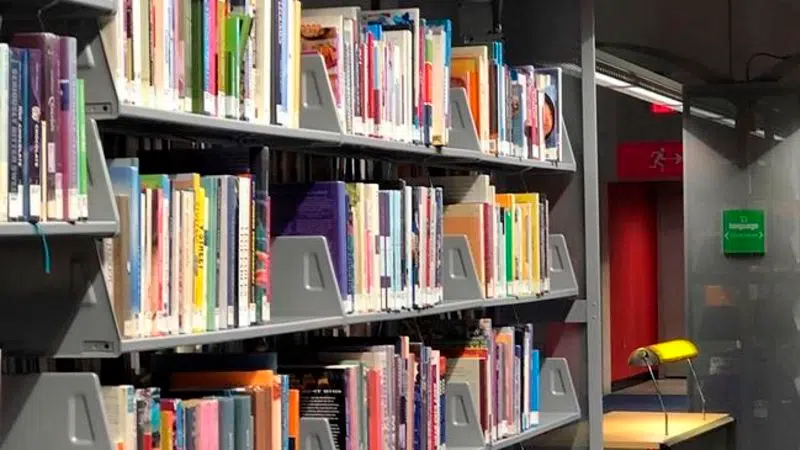
Planned event reignites debate about libraries’ role as forum for free speech
TORONTO — An event featuring a self-described feminist speaker known for saying transgender rights endanger women has reignited an old debate about the role of public libraries as forums for free speech.
Meghan Murphy’s talk — titled “Gender Identity: What Does It Mean For Society, The Law and Women?” and hosted by a group called “Radical Feminists Unite” — is set to go ahead at a Toronto library on Tuesday amid vocal opposition by LGBTQ community members and their allies, who say publicly funded spaces shouldn’t be used as a platform for hatred.
“If folks want to have those viewpoints in private, that’s fine … I disagree with what they’re saying, but they can say it,” said Gwen Benaway, a transgender writer and scholar. “But saying it in the Toronto Public Library, in a community institution which has a responsibility to inclusion and diversity and to promoting the best in Canadian society? That, to me, is where I draw the line.”
Benaway was among those who spoke to the library’s board at a public meeting in a fruitless bid to change its members’ minds about booking the space to “Radical Feminists Unite.”

